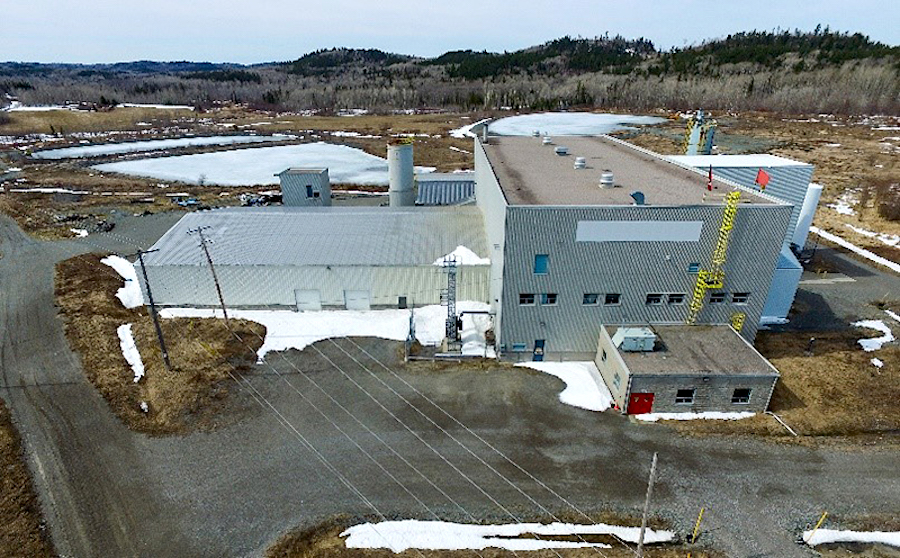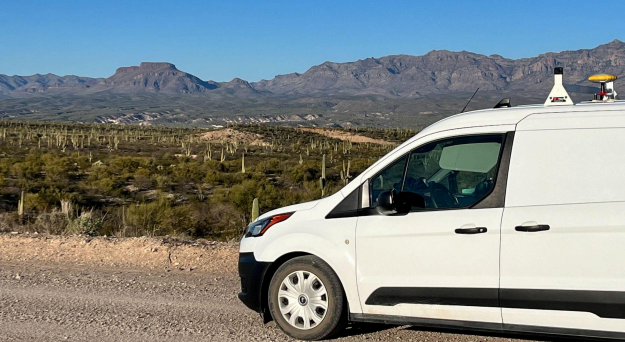
“With competitive operating costs and strong ESG credentials, the refinery is very well positioned to become an important global player in the refined cobalt business, a key component in the growing North American and European electric vehicle supply chains,” the company said.
Diversification of feedstock supply will help offset the risk of supply interruptions from any single operation
Based on this new strategy, First Cobalt has resumed talks with lenders. Offtake discussions with OEMs and other cobalt sulfate consumers are underway and have been “constructive”.
The company intends to finalize a supply agreement with Glencore on mutually agreeable terms while securing additional feedstock from other miners of ethically produced, high-quality cobalt hydroxide.
It does not anticipate any difficulties securing sufficient feedstock for the refinery’s nameplate capacity of 5,000 tonnes per annum of contained cobalt. “Diversification of feedstock supply will help offset the risk of supply interruptions from any single operation,” it said.
Cobalt hydroxide feed material from Glencore’s KCC mining operation was received in September, with leaching and neutralization testing performed ahead of pilot plant test work.
Bench scale work yielded cobalt recoveries in excess of 97%, significantly higher than the 93% recovery reported in the May 4 engineering study. The 97% recovery is similar to recoveries achieved on other DRC cobalt hydroxide feedstock that First Cobalt tested in 2019 to produce battery grade cobalt sulfate.
First Cobalt is confident that “it will meet or exceed this recovery level as it proceeds to pilot plant testing, which would contribute to even stronger project economics.”
With regards to the $5 million debt agreement it has in place with Glencore, the companies have agreed to extend the maturity date by one year to August 23, 2022. All other terms are unchanged, including Glencore’s right to convert all or a portion of the balance owing to common shares of First Cobalt at a discount to market of up to 15%.




